Nine Below Zero - Doing Their Homework (2004)
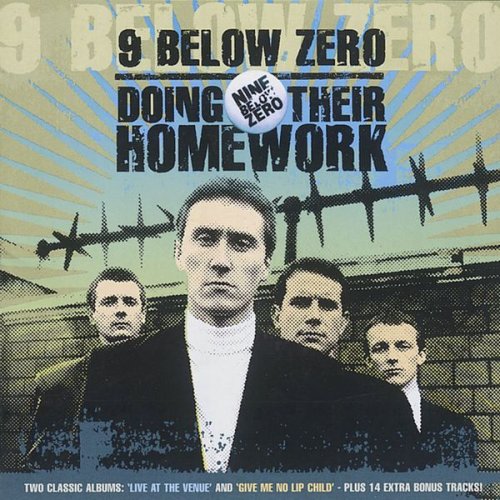
Artist: Nine Below Zero
Title: Doing Their Homework
Year Of Release: 2004
Label: Castle Communications
Genre: Blues, Blues Rock
Quality: FLAC (tracks) / MP3
Total Time: 2:33:02
Total Size: 955 / 366 MB
WebSite: Album Preview
Tracklist:Title: Doing Their Homework
Year Of Release: 2004
Label: Castle Communications
Genre: Blues, Blues Rock
Quality: FLAC (tracks) / MP3
Total Time: 2:33:02
Total Size: 955 / 366 MB
WebSite: Album Preview
Disc 1
1. Tore Down (Live) (01:45)
2. Straighten Her Out (Live) (02:24)
3. Homework (Live) (02:27)
4. Just a Little Bit (Live) (02:23)
5. Twenty Yards Behind (Live) (01:59)
6. I Can't Help Myself (Live) (02:24)
7. Rocket 88 (Live) (02:42)
8. Can I Get a Witness (Live) (03:18)
9. Riding on the L & N (Live) (04:09)
10. Stop Your Naggin' (Live) (02:23)
11. Stormy Monday (Live) (04:36)
12. The Hoochie Coochie Coo (Live) (02:17)
13. I Got My Mojo Working (Live) (06:46)
14. Is That You (Live) (02:30)
15. Pack Fair and Square (Live) (01:59)
16. Keep a Knocking (Live) (08:11)
17. Watch Your Self (Live) (02:33)
18. Round and Round (Live) (02:09)
19. You Gotta Walk It Off (Live) (02:53)
20. Doghouse (Live) (02:13)
21. Three Times Enough (Live) (02:06)
22. I Can't Quit You Baby (Live) (07:48)
23. Rockin' Robin (Live) (03:04)
Disc 2
1. Checkin' Up on My Baby (03:09)
2. So Cold (03:41)
3. Nine Below Zero (03:44)
4. Give Me No Lip Child (02:33)
5. She's All the Rage (02:39)
6. Hip Shake (02:51)
7. The Love You Bring (04:24)
8. Troubled Life (07:28)
9. You Know This (03:21)
10. Line of Least Resistance (04:59)
11. Hand to Mouth (03:32)
12. Crawl 'n' Shake (03:30)
13. On the Road Again (06:52)
14. Liquor Lover (Demo Version) (03:10)
15. Three Times Enough (Demo Version) (02:06)
16. One Way Street (Demo Version) (03:00)
17. Homework (Live at the Marquee Club) (02:22)
18. I Can't Help Myself (Live at the Marquee Club) (02:08)
19. Treat Her Right (Live at the Marquee Club) (02:17)
20. Can I Get a Witness (Live at the Marquee Club) (02:12)
21. The Hoochie Coochie Coo (Live at the Marquee Club) (02:15)
22. Keep a Knocking (Live at the Marquee Club) (05:30)
Nine Below Zero started life in South London during 1977, in the midst of the punk rock boom in England -- but their sound and inspiration were so totally counterintuitive to what was going on in punk rock that they scarcely seemed to be part of that movement, apart from their extremely energetic attack on their instruments. Rather than noise for its own sake or auto-destruction, their inspiration lay in classic Chicago blues (though John Mayall's early music and that of the Who and the Kinks from early in their careers also figured into their sound). Dennis Greaves (lead vocals, guitar), Peter Clark (bass), and Kenny Bradley (drums) -- soon joined by Mark Feltham (who actually replaced a teacher of theirs who had sat in on the early gigs) on vocals and harmonica -- were schoolmates and friends who shared a love of blues; all had all come into the world in the early '60s, and might well have resigned themselves to having missed the boat for the British blues revival by virtue of having been born in the midst of it. Instead, they reached back to that era and found themselves pegged as part of the "mod revival" in the midst of the punk era.
Originally billed as Stan's Blues Band, they made a name for themselves locally in South London, sounding a lot like the Who from their "maximum R&B" days and the Kinks from their early days, and arrived as younger rivals to Dr. Feelgood. A couple of years later, they acquired a manager and a new name, taken from a song by Sonny Boy Williamson II, and cut a debut record on their own label. By 1980, they'd been signed to A&M Records' British division and took the bold step of making their major-label debut a live album from the Marquee Club in London -- to judge from the results, one heartily wished that some of the earlier bands that inspired them had displayed similar daring. Live at the Marquee, recorded on June 16, 1980 -- by which time Stix Burkey had replaced Bradley on the drums -- was a success and led to their follow-up album. For their sophomore effort, Don't Point Your Finger, they were determined to translate their live energy into the studio and turned to no less a producer than Glyn Johns, who had worked with the Rolling Stones and the Who in their respective best years. The resulting record reached number 56 on the British charts.
The band's upward momentum was slowed in the years that followed, with Clark's departure (replaced by Brian Berhall), though a third album, Third Degree, followed -- but it seemed as though the moment had passed, as that record never got the attention or recognition it deserved from the press or the public. Greaves' involvement with an outfit called the Truth, who coalesced as a full-time band in 1984, seemed to bring an end to Nine Below Zero, and that might have been as far as the group got. But a 1990 reunion got them playing before sell-out audiences, and the group has been working ever since, with Greaves on lead guitar and Mark Feltham even returning to the fold in 2001. © Bruce Eder
Originally billed as Stan's Blues Band, they made a name for themselves locally in South London, sounding a lot like the Who from their "maximum R&B" days and the Kinks from their early days, and arrived as younger rivals to Dr. Feelgood. A couple of years later, they acquired a manager and a new name, taken from a song by Sonny Boy Williamson II, and cut a debut record on their own label. By 1980, they'd been signed to A&M Records' British division and took the bold step of making their major-label debut a live album from the Marquee Club in London -- to judge from the results, one heartily wished that some of the earlier bands that inspired them had displayed similar daring. Live at the Marquee, recorded on June 16, 1980 -- by which time Stix Burkey had replaced Bradley on the drums -- was a success and led to their follow-up album. For their sophomore effort, Don't Point Your Finger, they were determined to translate their live energy into the studio and turned to no less a producer than Glyn Johns, who had worked with the Rolling Stones and the Who in their respective best years. The resulting record reached number 56 on the British charts.
The band's upward momentum was slowed in the years that followed, with Clark's departure (replaced by Brian Berhall), though a third album, Third Degree, followed -- but it seemed as though the moment had passed, as that record never got the attention or recognition it deserved from the press or the public. Greaves' involvement with an outfit called the Truth, who coalesced as a full-time band in 1984, seemed to bring an end to Nine Below Zero, and that might have been as far as the group got. But a 1990 reunion got them playing before sell-out audiences, and the group has been working ever since, with Greaves on lead guitar and Mark Feltham even returning to the fold in 2001. © Bruce Eder
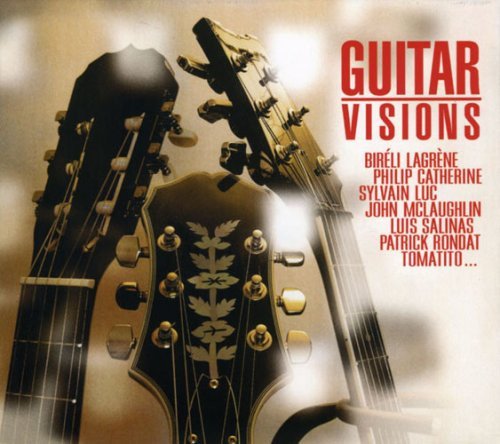
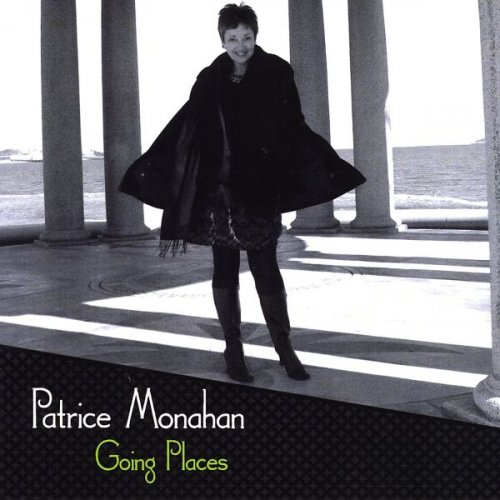
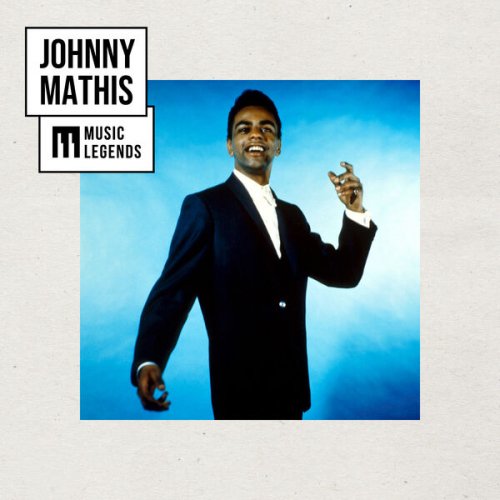

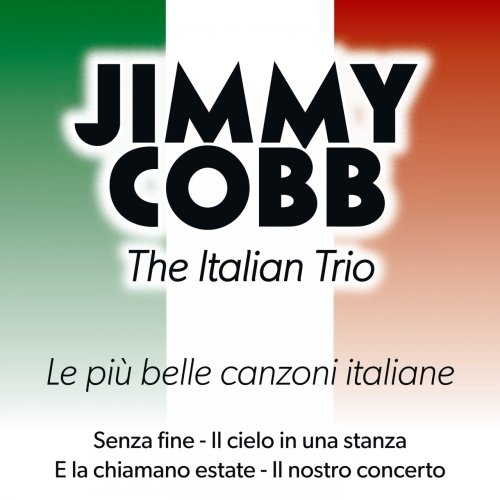

![VA - From the Archive Vol. 3... compiled by Volcov (2026) [Hi-Res] VA - From the Archive Vol. 3... compiled by Volcov (2026) [Hi-Res]](https://www.dibpic.com/uploads/posts/2026-02/1772033794_a3743742618_10.jpg)
![Nathalie Darche, Alban Darche, Geoffroy Tamisier, Chloé Cailleton - Dandy Dandie - Helios y Selene (2026) [Hi-Res] Nathalie Darche, Alban Darche, Geoffroy Tamisier, Chloé Cailleton - Dandy Dandie - Helios y Selene (2026) [Hi-Res]](https://www.dibpic.com/uploads/posts/2026-02/1772112437_snbggfr6gccwr_600.jpg)
![Maluca Beleza - Des Rivages (2026) [Hi-Res] Maluca Beleza - Des Rivages (2026) [Hi-Res]](https://www.dibpic.com/uploads/posts/2026-02/1772208763_cover.jpg)